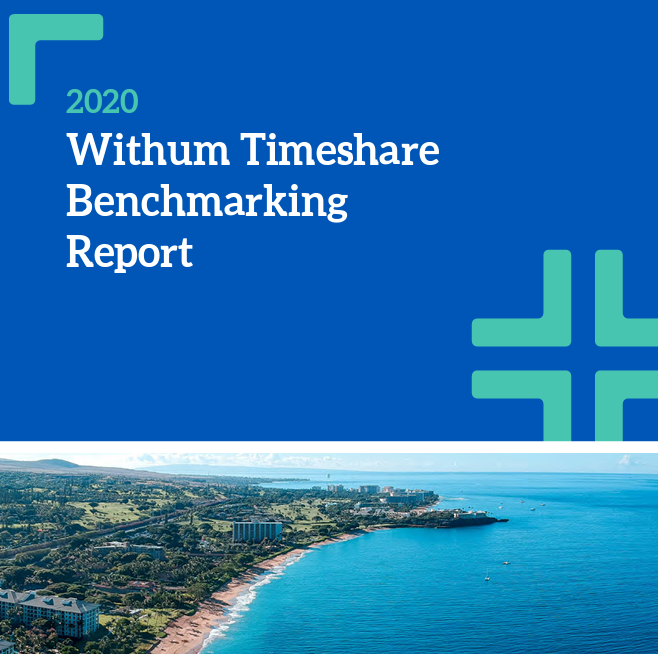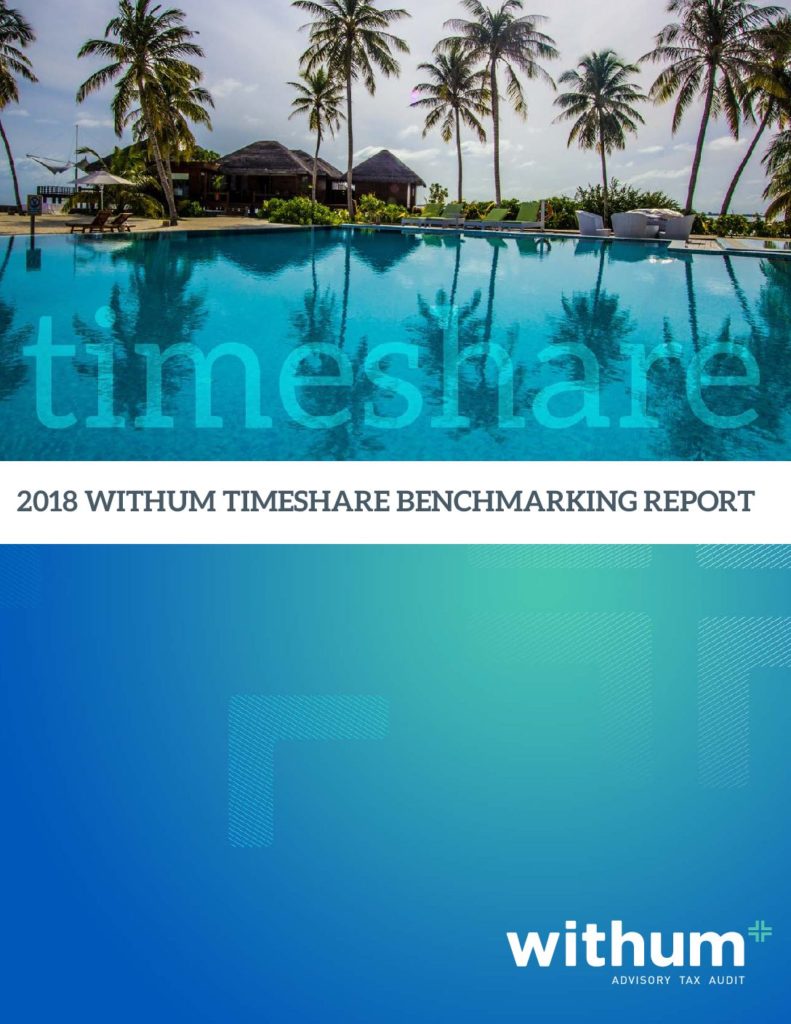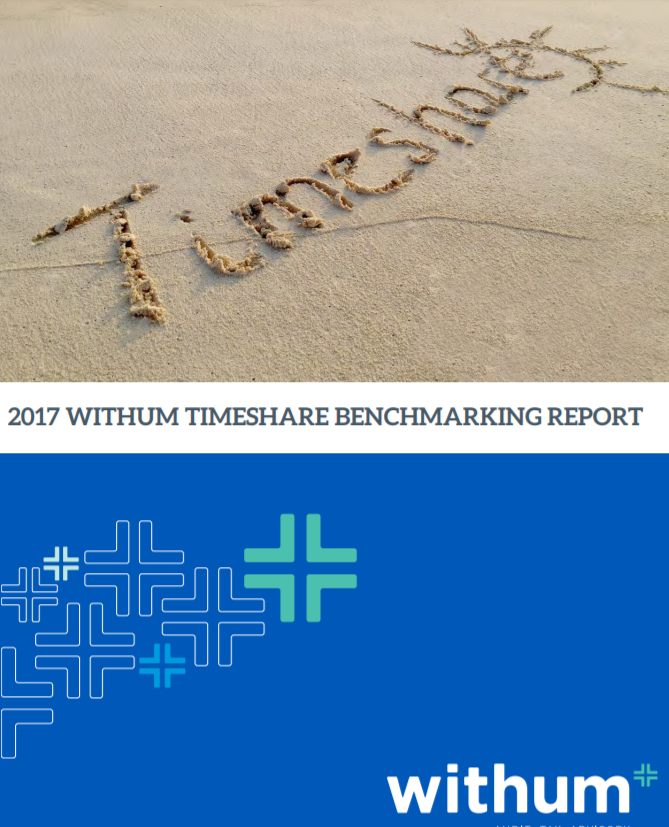Download Withum’s Annual Timeshare Benchmarking Study reports. These studies encompass years of historical data from over 100 timeshare resorts. Compiled by Withum’s Hospitality Services Group, the study conducts a comparative analysis of Florida timeshare associations’ financial performance, including comparisons of accounts receivable and bad debt performance, liquidity, developer involvement, assessment rates, expenses, and other metrics.
What makes these studies unique is the use of externally verified data from audits, rather than self-reported data. The metrics presented in these benchmarking reports are intended to help resorts identify potential problem areas and assist them in asking questions about differences to aid in improving resort health.
2020 Report Findings
- Liquidity metrics showed some modest improvements in 2019 compared to 2018. Although budgeting appears to continue to improve, associations are not increasing maintenance fees in sufficient amounts to cover operations.
- The percentages of association and developer-owned inventory vary greatly between brand and non-brand managed resorts.
- Assessments to owners rarely decrease, and the study shows consistent increases over 16 years of data, with 2019 being no exception.

2018 Report Findings
- Average gross accounts receivable as a percentage of total assets decreased slightly in 2017 over 2016.
- The average budgeted and actual bad debt expense both saw a decrease in 2017 from 2016. In addition, the gap between the average actual bad debt expense and average budgeted bad debt expense decreased. This suggests that resorts are consistently under budgeting bad debt expenses in comparison to the actual expense.
- In terms of the percentage of associations sampled, the liquidity metrics showed some modest improvements in 2017 compared to the previous year. Although budgeting appears to continue to improve, associations are not increasing maintenance fees sufficient enough to put an end to spending “next year’s money”.

2017 Report Findings
- As resorts are aging and operating costs continue to increase, resort operators and managers need to maintain a careful watch to ensure that resorts can operate at a break-even point and continue to save for future major capital replacements.
- Bad debts and delinquencies, while fairly stable, need to be monitored constantly to identify whether projections are accurate and to address problems as they arise, not after it is too late.
- Budgeting efforts should be realistic and not designed to keep assessments artificially low, which can cause operating deficits, special assessments, borrowing from replacement reserves and using more of “next year’s money” than the year before.

Meet our Experts
Contact Us
For more information or to discuss your business needs, contact Withum’s Hospitality Services Team.



